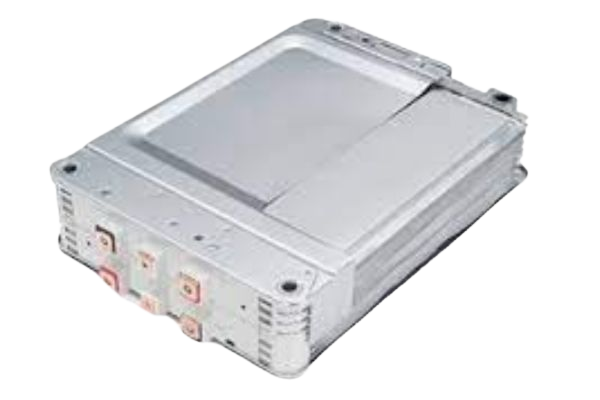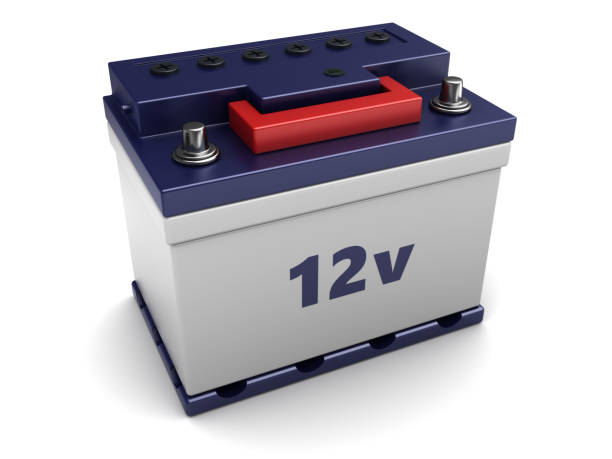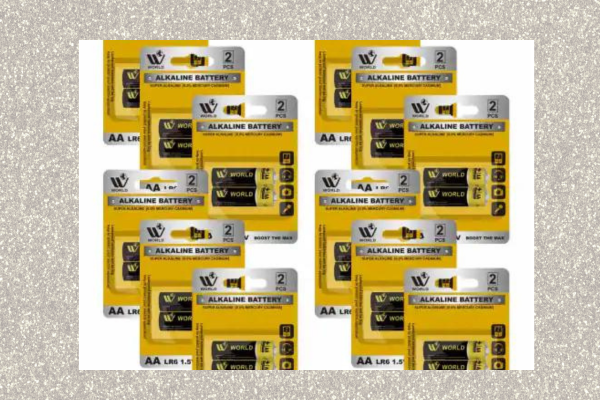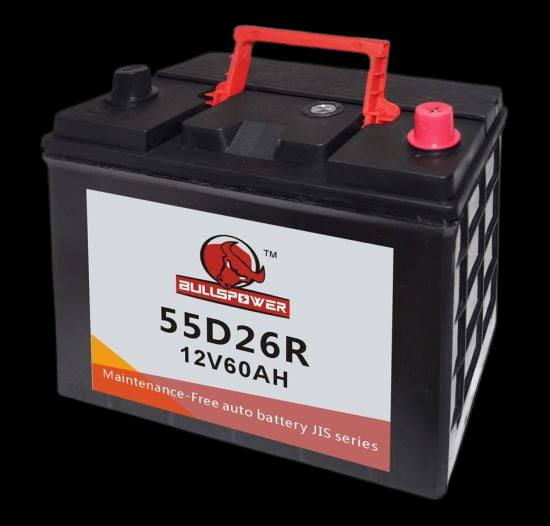Vaporous Battery for Lithium-ion batteries
Contents
Vaporous Battery for Lithium-ion batteries
Lithium-ion is the most popular rechargeable battery which uses the reversible reduction of lithium-ion to store energy. Lithium-ion batteries power the devices we use every day like our mobile phones and electric vehicles. Lithium-ion batteries consist of single or multiple lithium-ion cells along with a protective circuit board.it is the dominant battery type used in moveable consumer electronic and electric vehicles. It also sees the important use for grid-scale energy storage and military and aerospace applications.
Compared to other rechargeable battery technologies, Li-ion batteries have high energy density low self-discharge, and no money effect. ( although a small memory effect reported in lithium-ion phosphate batteries has been traced to poorly made cells This system is designed to be highly versatile and efficient. It automatically detects and adjusts to different voltage levels, including 12V, 24V, 36V, and 48V, ensuring compatibility with various power sources. It excels in optimizing the transfer of DC power, achieving an impressive 98.6% efficiency in this process.
When it comes to charging, this system offers four charging options, catering to different battery types: Sealed, Gel, Flooded, and a customizable User mode. It includes an automatic control system that prevents charging power and current from exceeding specified limits, enhancing safety and battery life.
The 16340 lithium battery is known for its top-notch safety features, thanks to its use of premium materials and advanced production techniques. These factors work together to minimize the chances of mishaps like overcharging, excessive discharging, or short circuits. When it comes to storing 16340 rechargeable batteries, it’s essential to avoid leaving them in environments with elevated temperatures, high humidity, or direct exposure to sunlight for extended periods. Such conditions could potentially harm the battery’s overall lifespan and its ability to perform optimally. The formula of charging and discharging:
Li-ion batteries can discharge at the rate of 10C( where C is the capacity of the battery). if your battery can provide 1000mAh then the discharge rate will be 10*1000=10000mAh. At the time of charging the li-ion battery is connected to the charger.
Battery Management System (BMS) Vaporous battery for lithium-ion batteries:
BMS ( Battery management system) is a key piece of equipment used in battery energy storage systems which is mainly used to monitor control and protect the operation status of the energy storage battery pack to ensure safety . Stability and high efficiency of the battery pack. The BMS plays an important role in the field of energy and is widely used in electric vehicle power stations solar photovoltaic and other fields. The BMS industry is characterized by excellent performance high reliability and high cost-effectiveness
Work Of BMS ( battery management system)
- Automatic coding for site selection and flexible design
- Revered for active equalizer relay fan and low-temperature charging and heating function modules
- Efficient equalization delays battery life
- Aluminum alloy heat sink to reduce the temperature of the protection board.
Environmental impact of Vaporous battery for lithium-ion batteries
Lithium-ion batteries contain metals such as cobalt nickel and manganese which are toxic and can contaminate water supplies and ecosystems if they are each out of landfills. Moreover fires in landfills or battery recycling facilities have been attributed to inappropriate disposal of lithium-ion batteries. Despite the environmental cost of improper disposal of lithium-ion batteries, the rate of recycling is still relatively low as the recycling process remains costly and immature.
Future of the lithium-ion battery
The lithium-ion battery market is growing rapidly – driven by increased adoption of consumer electronics growing R&D initiatives by organizations and battery manufacturers and increasing demand for plug-in vehicles and battery operated. in addition, QA/QD methods for lithium-ion battery producers are also becoming more stringent. The lithium-ion battery guide covers analytical testing tools such as FT-IR, GC/MS ICP-OES Thermal analysis, and hyphenation critical to the lion battery industry as well as those industries that rely on battery quality safety and technology advances.
Electronic use of lithium-ion battery
Lithium-ion batteries are rechargeable and are used in vaping devices and many personal electronics such as cell phones, tablets, laptops, E-bikes, electric toothbrush tools, hoverboards, scooters, and solar power backup storage.
Safety considerations of lithium-ion batteries
Correct usage and storage of lithium-ion batteries is extremely important. batteries should not be exposed to high external temperatures. for example: from the beginning left in direct sunlight for a long period. Overcharging is another fundamental issue as this can create excessive heat inside the battery cell. Never keep lion batteries near heat sources or in high temperatures like direct sunlight radiations or laptops. if you notice signs that the battery has a problem such as overheating odor leaks or change in color shape shut off the device and move it away from anything that can catch on fire.
Pros
- Extremely high energy density
- Excellent charge efficiency
- Extremely high discharge power
- Reduced self-discharge
- Extremely high cell voltage
- Extremely safe and thermally stable
- It is light in weight
Cons
- It is sensitive to temperature.
- If the battery is completely discharged it can no longer be recharged again
- It is relatively expensive
- If the” separator” gets damaged it can burst into flames
- Low energy density
FAQ
Can lithium batteries leak vaporous gases?
Lithium-ion batteries use a flammable electrolyte, typically containing compounds like lithium hexafluorophosphate (LiPF6) or similar lithium salts that contain fluorine. If these batteries become excessively hot, the electrolyte can evaporate and eventually be released from the battery cells through ventilationWhat is the best battery for lithium?
LiFePO4 batteries are considered one of the safest options among lithium batteries. They have a remarkable safety feature: they do not ignite or overheat, even under adverse conditions. Even if you were to puncture a LiFePO4 battery, it would not pose a fire risk. This is a significant improvement compared to other types of lithium batteries, which are known to be prone to overheating and the risk of catching fire.
Can lithium vaporize?
In a fusion reactor, due to the significant volume and flow rates, as well as the complex interactions involved in the fusion reaction, a substantial amount of lithium vapor is produced within the reactor chamber. The conditions inside the chamber are typically characterized by relatively low pressures, ranging from 10^(-6) to 10^(-4) torr, and high temperatures around 538°C (1000°F).










